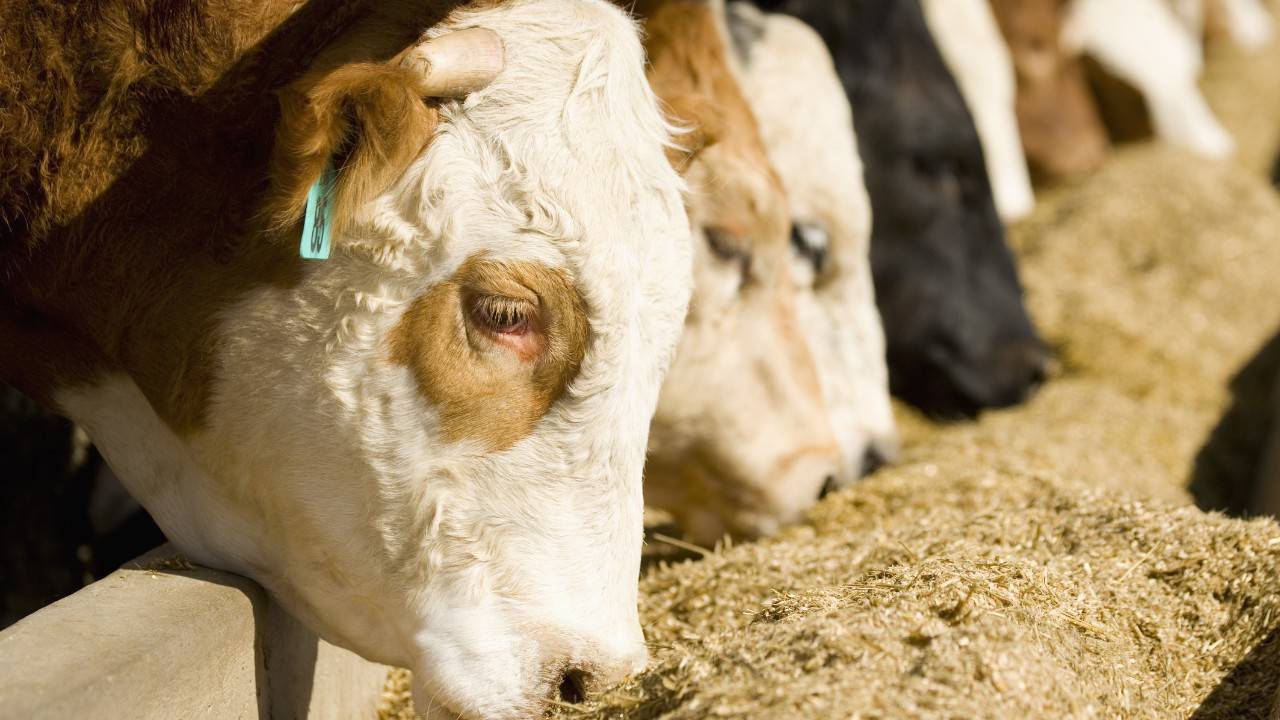Provectus Algae is pioneering a groundbreaking approach to tackle methane emissions from livestock using algae. The biotech firm has initiated a demonstration plant for Asparagopsis, an algae-based feed additive that has the potential to reduce livestock methane emissions by up to 95%.
Asparagopsis, a macroalgae native to warm, tropical waters, has been difficult to utilize widely due to its slow growth and variable compound levels. However, Provectus claims its proprietary technology, Precision Photosynthesis, can cultivate the algae more efficiently with consistent quality, significantly cutting production costs.
This advancement could revolutionize the agricultural sector by enabling the algae to be grown globally, even close to livestock farms, which would decrease shipping costs and emissions while preserving the quality of the product during transit.
Nusqe Spanton, Provectus Algae’s founder and CEO, emphasized the economic angle. “Without offering a viable product at a low cost per dose, it will be difficult for farmers to adopt,” Spanton explained. He expressed confidence in the company’s method, which is expected to deliver the feed additive at less than 50 cents per dose.
Provectus is now set to escalate its production capacity from a 10-kiloliter pilot to a 30-kiloliter demonstration plant in Australia, capable of generating over 700 doses daily. This scale-up equates to more than 4 metric tons of carbon emissions mitigated each day.
Looking ahead, Provectus plans to expand this plant to 160 kL and commence construction of a larger facility in 2024. By 2025, the company aims to support over 250,000 livestock, potentially reducing methane emissions by 500,000 metric tons annually.
While the effectiveness of Asparagopsis has been confirmed in several studies, findings have varied. For instance, Meat and Livestock Australia reported a 28% reduction in methane from wagyu cattle fed the supplement, though it also noted a decrease in feed intake and weight.
Given methane’s potency as a greenhouse gas—over 25 times more impactful than carbon dioxide—methods to reduce emissions are critical. The livestock industry is a significant methane source, with the EPA estimating that 1.5 billion cattle globally contribute at least 231 billion pounds of methane to the atmosphere each year.
Alternative strategies for methane reduction, such as promoting plant-based diets, improving manure management, and considering methane taxes, have been proposed. Yet these options may not be feasible everywhere, particularly in protein-scarce regions or where they could adversely affect farmers’ livelihoods or food costs.
Therefore, algae-based feed additives like Asparagopsis represent a viable solution for sustainable livestock management, balancing environmental concerns with practicality for farmers worldwide.
More inspiring green news similar to this:

